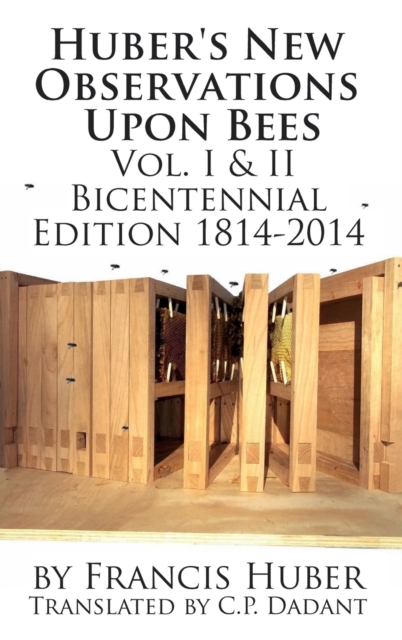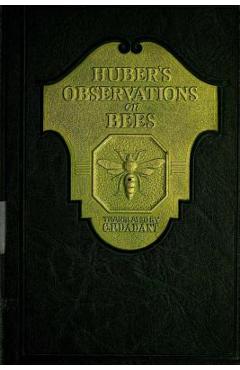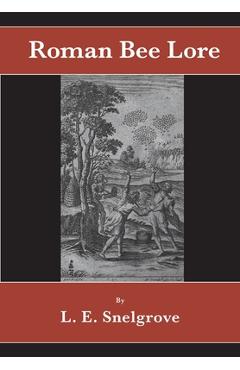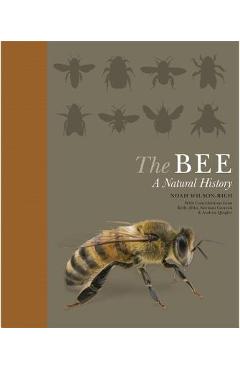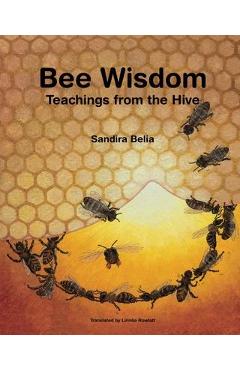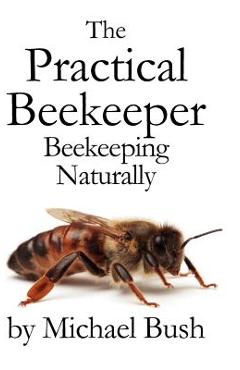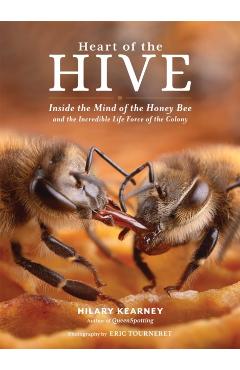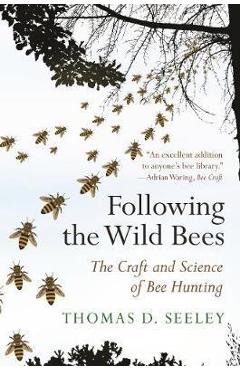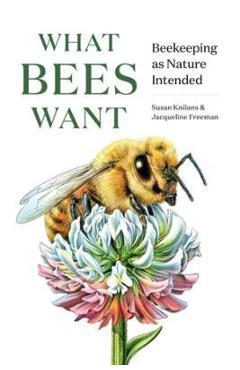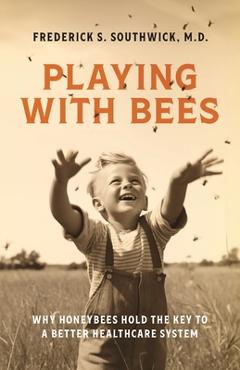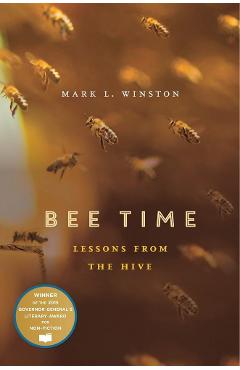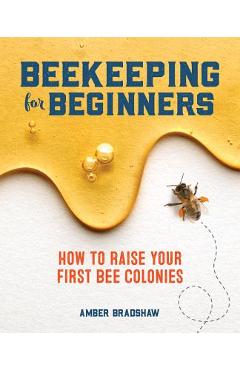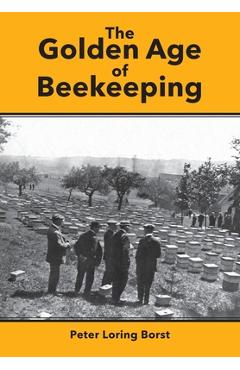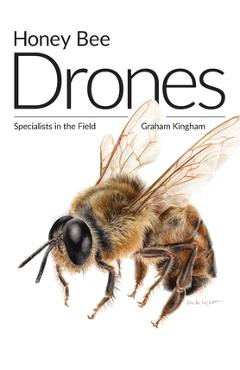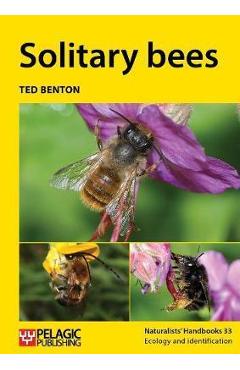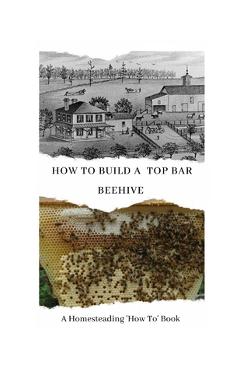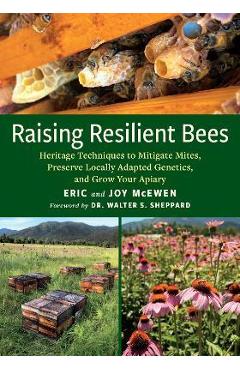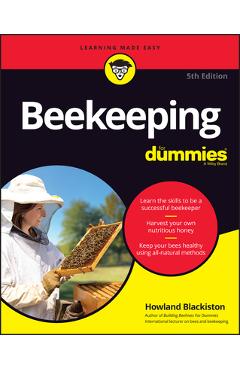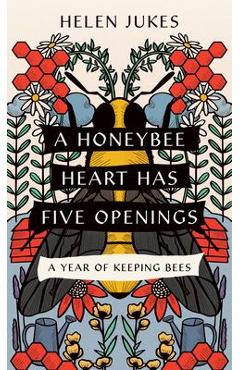Huber, Francis: - François Huber was only fifteen years old when he began to suffer from a disease which gradually resulted in total blindness; but, with the aid of his wife, Marie Aimée Lullin, and of his servant, François Burnens, he was able to carry out investigations that laid the foundations of a scientific knowledge of the life history of the honey bee. His Nouvelles Observations sur les Abeilles was published at Geneva in 1792. Further observations were published as Volume II of the same in 1814. What he discovered laid the ground work for all the practical knowledge we have of bees today. His discoveries were so revolutionary, that beekeeping can be divided in two eras very easily as pre-Huber and post-Huber. "In publishing my observations upon honeybees, I will not conceal the fact that it was not with my own eyes that I made them. Through a concourse of unfortunate accidents, I became blind in my early youth; but I loved sciences, I did not lose the taste for them when I lost the organs of sight. I caused the best works on physics and natural history to be read to me: I had for reader a servant (Francis Burnens, born in the canton of Vaud), who became extraordinarily interested in all that he read to me: I judged readily, from his remarks upon our readings, and through the consequences which he knew how to draw, that he was comprehending them as well as I, and that he was born with the talents of an observer. This is not the first example of a man who, without education, without wealth, and in the most unfavorable circumstances, was called by Nature alone to become a naturalist. I resolved to cultivate his talent and to use it someday for the observations which I planned: with this purpose, I caused him to reproduce at first some of the most simple experiments of physics; he executed these with much skill and intelligence; he then passed to more difficult combinations. I did not then possess many instruments, but he knew how to perfect them, to apply them to new uses, and when it became necessary, he made himself, the machines which we needed. In these diverse occupations, the taste which he had for the sciences soon became a veritable passion, and I hesitated no longer to vie him my entire confidence, feeling sure to see well when seeing through his eyes."--Francis Huber
